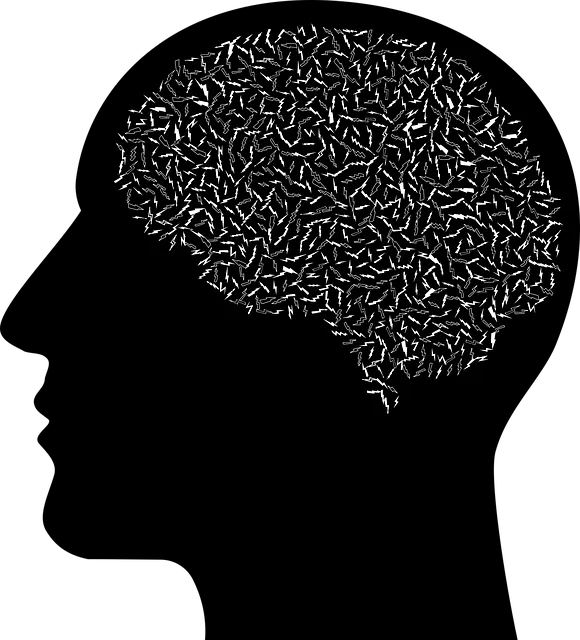The stigma surrounding mental illness hinders access to care. Initiatives like Stress Management Workshops and Burnout Prevention Strategies break down barriers. Boulder Kaiser leads the charge with comprehensive programs, including therapeutic services, public education, Mental Wellness Coaching, and podcasts. Their holistic approach utilizes evidence-based practices alongside traditional therapy, fostering open dialogues and community support for improved mental well-being.
Mental illness stigma remains a significant barrier to individuals seeking help. This article explores efforts to reduce this stigma, focusing on its profound impact on mental well-being. We delve into successful initiatives like Boulder Kaiser’s innovative mental health programs that have fostered community engagement and provided effective education and support networks. By examining these strategies, we aim to illuminate paths towards a more accepting society for those facing mental illness.
- Understanding Stigma: Its Impact on Mental Health
- Boulder Kaiser: A Model for Change
- Community Engagement in Stigma Reduction
- Effective Strategies: Education and Support Networks
Understanding Stigma: Its Impact on Mental Health

Stigma surrounding mental illness can have profound effects on an individual’s well-being and their journey to seeking help. It often manifests as negative attitudes, beliefs, or stereotypes about people with mental health conditions, leading to discrimination and social isolation. This internalized stigma can discourage individuals from discussing their struggles openly, hindering their ability to access essential resources like the Boulder Kaiser mental health programs designed to support them.
In the healthcare sector, initiatives such as Stress Management Workshops Organization and Burnout Prevention Strategies for Healthcare Providers play a crucial role in combating this issue. By fostering emotional intelligence and raising awareness about mental health challenges, these programs create safer spaces for professionals to connect and offer care. This collective effort is vital to breaking down barriers and encouraging individuals to prioritize their mental health without fear of judgment or repercussions.
Boulder Kaiser: A Model for Change

Boulder Kaiser stands as a beacon of hope and progress in the ongoing fight against mental illness stigma. The organization’s multifaceted approach to mental health includes innovative programs that span from therapeutic services to public education initiatives. Their success lies in engaging communities, fostering open dialogues, and providing platforms for individuals to share their experiences. By integrating Mental Wellness Coaching Programs and Development alongside the production of impactful Mental Wellness Podcast Series, Boulder Kaiser has created a holistic environment that not only supports recovery but also promotes mental wellness as an integral part of daily life. This strategy resonates with many, encouraging self-esteem improvement and challenging societal norms that perpetuate stigma. The organization’s model demonstrates that through collaborative efforts, it is possible to create lasting change in how communities perceive and support individuals facing mental health challenges.
Community Engagement in Stigma Reduction

Community engagement plays a pivotal role in reducing the stigma surrounding mental illness. Initiatives like those offered by Boulder Kaiser mental health programs demonstrate the power of collective effort. By integrating educational workshops, peer support groups, and awareness campaigns into local communities, these programs foster understanding and empathy among residents. This approach not only breaks down barriers but also encourages early intervention and improved access to care.
The effectiveness of such strategies is evident in various forms, including enhanced social skills training for individuals at risk and comprehensive risk management planning for mental health professionals. Moreover, trauma support services tailored to community needs have proven instrumental in addressing the complex interplay between trauma and mental health. These efforts collectively contribute to a more inclusive and supportive environment where mental well-being is prioritized.
Effective Strategies: Education and Support Networks

Mental illness stigma reduction is a collective effort that requires understanding, education, and community engagement. As seen with Boulder Kaiser’s innovative mental health programs, collaborative initiatives can significantly impact positive change. By fostering open conversations, providing support networks, and implementing effective strategies, we can create a more inclusive society that promotes mental well-being for all. Through sustained efforts, we can break down barriers and ensure individuals receive the care they need without fear of judgment.






